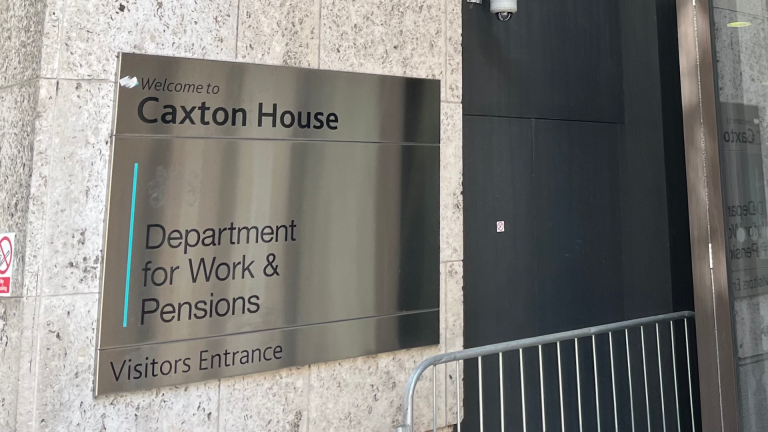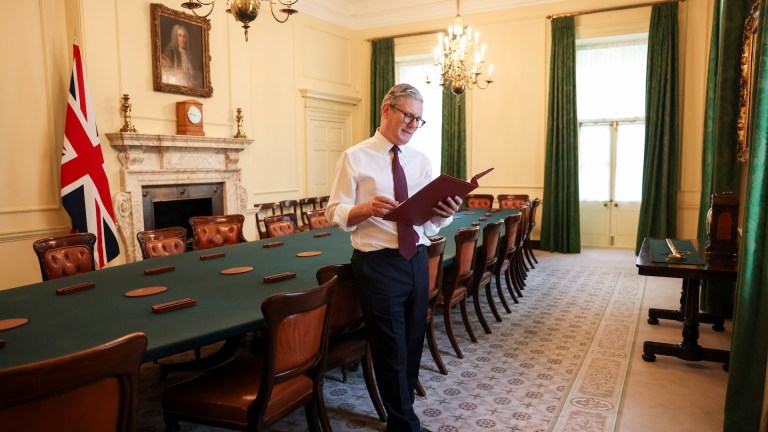A flight chartered to send asylum seekers from the UK to Rwanda as part of a new government policy was grounded following an intervention by the European Court of Human Rights (ECHR). The plan to deport asylum seekers for processing in Rwanda is intended, the government says, to deter people from making the dangerous journey across the Channel to the UK. This first flight had been scheduled to take off on June 14 with just seven passengers on board. There had been more due to fly but legal action enabled them to be removed.
This decision has already sparked a very negative reaction from the UK government, which says that plans for future flights are already underway.
The ECHR issued specific interim measures ordering the UK authorities not to remove one of the asylum seekers for three weeks after the final decision of judicial proceedings that are ongoing in the UK. This in turn triggered national legal mechanisms that prevented the other six from flying to Rwanda. Although the measures indicated are temporary, the ECHR can choose to extend them.
Home secretary Priti Patel pointed out in Parliament that the court did not declare the Rwanda deportation plan to be unlawful. This is correct – the ECHR has not made any such determination. At this point, it only stated that the national and European courts should be given more time to decide this case properly. However, if the UK were to deport the person concerned before the ECHR measures expire or are lifted, it would then be violating international law.
What is the ECHR?
The ECHR is a Strasbourg-based human rights court that deals with compliance with the European convention on human rights. It can deliver legally binding judgments when the human rights of any person under the power of any of its member states are violated – including right to life, prohibition of torture, right to privacy and others. The court is not connected to the European Union, and after Brexit, the UK remains a member.
The court usually deals with violations that happen on the territory of the member state, but with exceptions. Deportation is one such exception – the court can prevent deportation of a person who is under the risk of being tortured in the receiving country. This is a well-established principle of human rights law.









